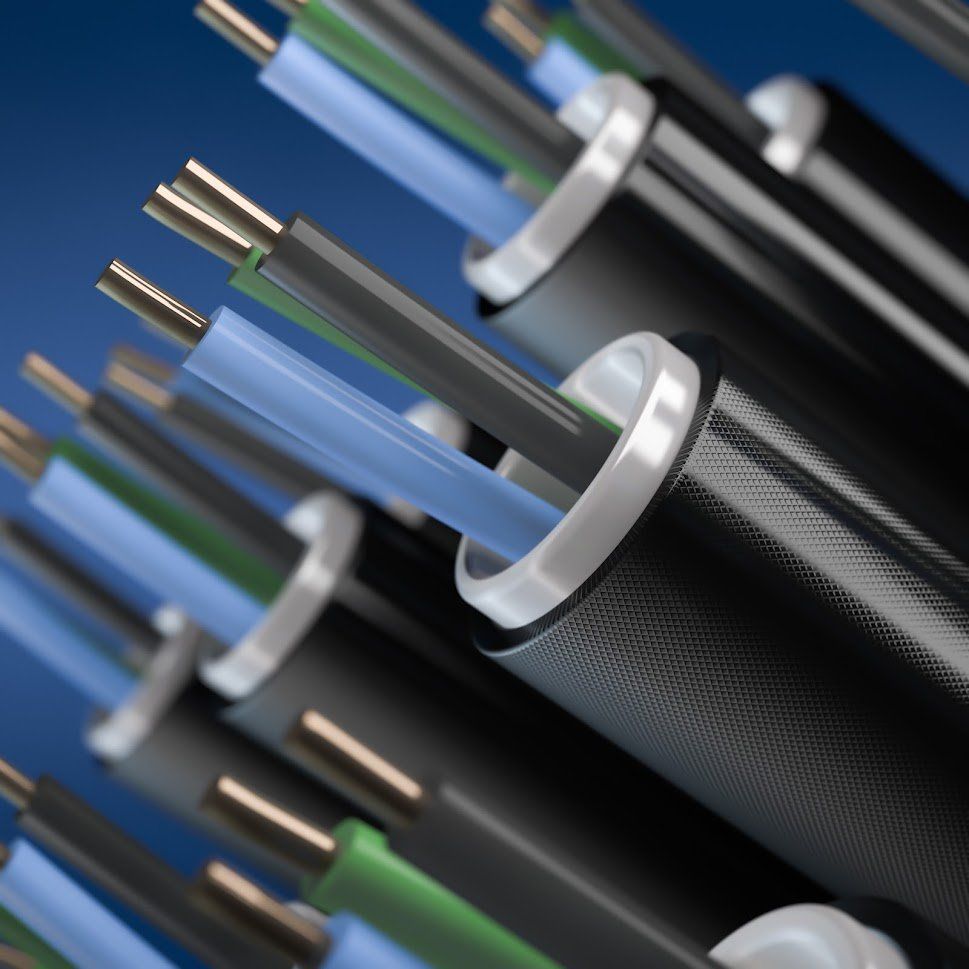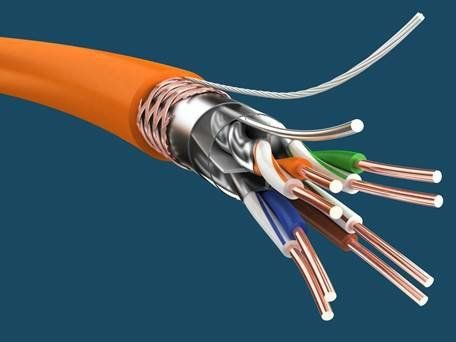- Large range of quality products
- Over 20 years of experience
- Reliable and friendly staff
Why Install an Online Uninterruptible Power Supply System?
If you want to protect your company’s technology equipment from power problems, then you may be looking at installing an uninterruptible power supply (UPS) system. These devices sit between a piece of equipment and its electricity supply. If the power goes out, the UPS kicks in and supplies its own electricity so that your computer or system keeps running. This prevents data loss and damage.
While all systems basically do the same job, they work in different ways and have different features. So, it’s important to choose the right system for your business and technology needs. In some cases, an online UPS is the best overall solution. How does this system work and why should you consider it?
How does an online UPS work?
Standard UPS systems, such as offline options, give you a simple backup when you have a problem with your supply. They work like a standby battery and sit dormant until there is a problem.
For example, if you connect an offline UPS system to a computer, then the system won’t do anything until it detects a problem with the power supply. This could be a surge, spike or loss of power. Once the system discovers an issue, it switches on its own battery to provide power and keep the computer running smoothly.
An online UPS also covers power supply problems, as it stays on all of the time and manages power in a different way.
An online UPS will take the power that comes through the socket and convert it from AC to DC and then back to AC through a rectifier. This both charges its battery and manages the electrical flow through the UPS and into your computer or system.
If you have a power problem, the system takes over seamlessly and without any interruption. Even if you have a complete power outage, the UPS keeps your electricity flowing by turning off its rectifier and shunting power through its battery.
What are the benefits of using an online UPS?
While offline UPS systems work well, they do have some downsides. For example, this kind of system won’t give you an immediate battery backup. It only starts to work when there is a problem.
So if you have a supply problem, the system has to actively switch to using its battery to give you the power you need. While this may not take a lot of time, any power lag or outage can damage sensitive technology equipment and data.
If you use an online UPS, then you’ll experience no lag. The system constantly manages the flow of electricity from a socket to its connected equipment. So, if you lose power or have a harmful spike, the system simply carries on working as usual. Its AC/DC/AC conversion process filters incoming power so that it can prevent problems from reaching your equipment.
You get a constant supply of electricity from the UPS battery with no interruption at all. This is particularly useful if you’re working with mission-critical or sensitive equipment or data.
The power conversion process here is also useful. An online UPS constantly manages incoming electricity. As well as dealing with significant supply problems, it also smooths and filters out minor problems that an offline system can’t deal with.
For example, an online system can manage brown-outs, when the voltage drops for a while in your supply. The system takes over management of the power supply to your equipment anyway, so during a brown-out, it automatically boosts the voltage for you. An offline system can’t do this and may simply turn its battery on and off repeatedly, which could damage your equipment.
To find out more about online UPS systems and whether this is the best option for your business, contact Cable Source Pty Ltd. We can help you choose the right solution that gives you all the protection you need.
Head Office
A: Unit 5/5 Hudson Ave Castle Hill NSW 2154
P:
02 9680 8419
F: 02 9680 8409
HOURS
- Monday
- -
- Tuesday
- -
- Wednesday
- -
- Thursday
- -
- Friday
- -
- Saturday
- Closed
- Sunday
- Closed



